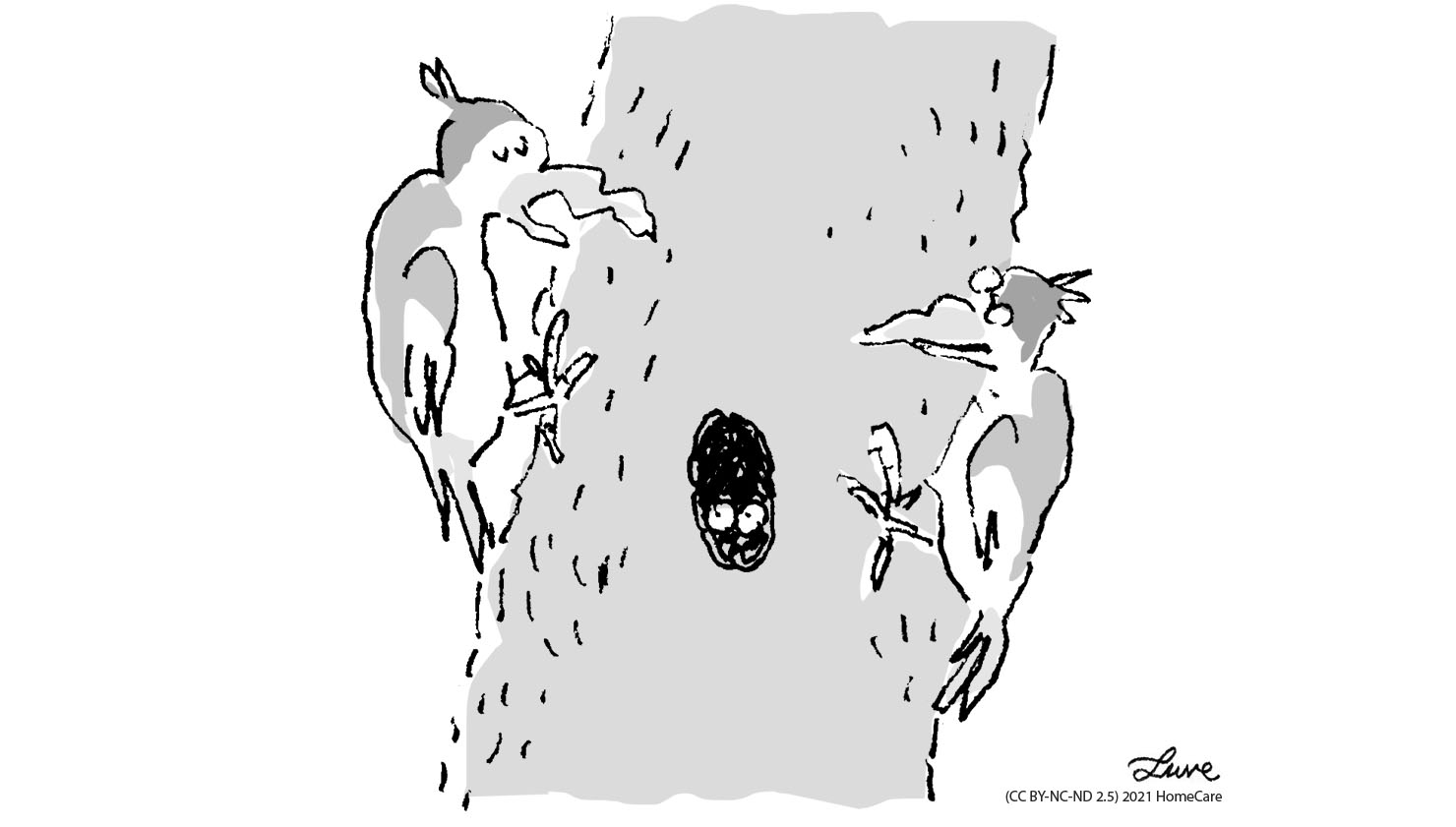
“In our days trees were definitely softer.”
Aging is universal, gradual, spontaneous, and an irreversible process. The World Health Organization distinguishes the presenile age (45-59 years of age), early old age, otherwise known as the third age (60-74 years of age), late old age, otherwise known as the fourth age (75-89 years of age), and longevity (above 90 years of age).
The functioning of human organs changes with age, and this is completely normal. The aging process affects all parts of the digestive tract as well as the rest of the body.
For example, in the oral cavity, the mucosa becomes thinner and less flexible and drier. The production of saliva is reduced, which can have negative effects. An elderly person may find it difficult to swallow pieces of food, because it is saliva that makes it easier to swallow individual bites, especially in the case of dry food. In addition, the problem of grinding food in the elderly may be caused by the reduction in the number of teeth or their loss. Taste disturbances are also observed in the elderly, because, among others, saliva helps a person to feel the taste of food. Usually, the sweet and sour taste is deteriorated and the perception of bitter taste is enhanced.
Further, gastric juice, which is responsible for digestion, is secreted in the elderly in a smaller amount. This may mean that some of the ingredients present in the food consumed by an elderly person, unfortunately, will not be able to be absorbed later in the intestine. The elderly are also more likely to suffer from constipation, which is related to changes in the digestive system, changes in diet (e.g. less dietary fiber), and reduced physical activity and a more sedentary lifestyle.
These are just some of the changes that occur in the body with age. The passing of time affects all systems and organs of a person. The body’s immunity decreases, and therefore the risk of infection increases.
Therefore, proper nutrition of the elderly, taking into account these changes in the body, as well as an appropriate diet in the presence of various diseases and chronic diseases is very important to meet the nutritional needs of the elderly.
![]() Nutritional status is one of the main factors influencing human health, and thus life expectancy. Its importance for health is often underestimated, although in the elderly it has a significant impact on the aging process.
Nutritional status is one of the main factors influencing human health, and thus life expectancy. Its importance for health is often underestimated, although in the elderly it has a significant impact on the aging process.
![]()
Nutrition for the elderly:9% complete
